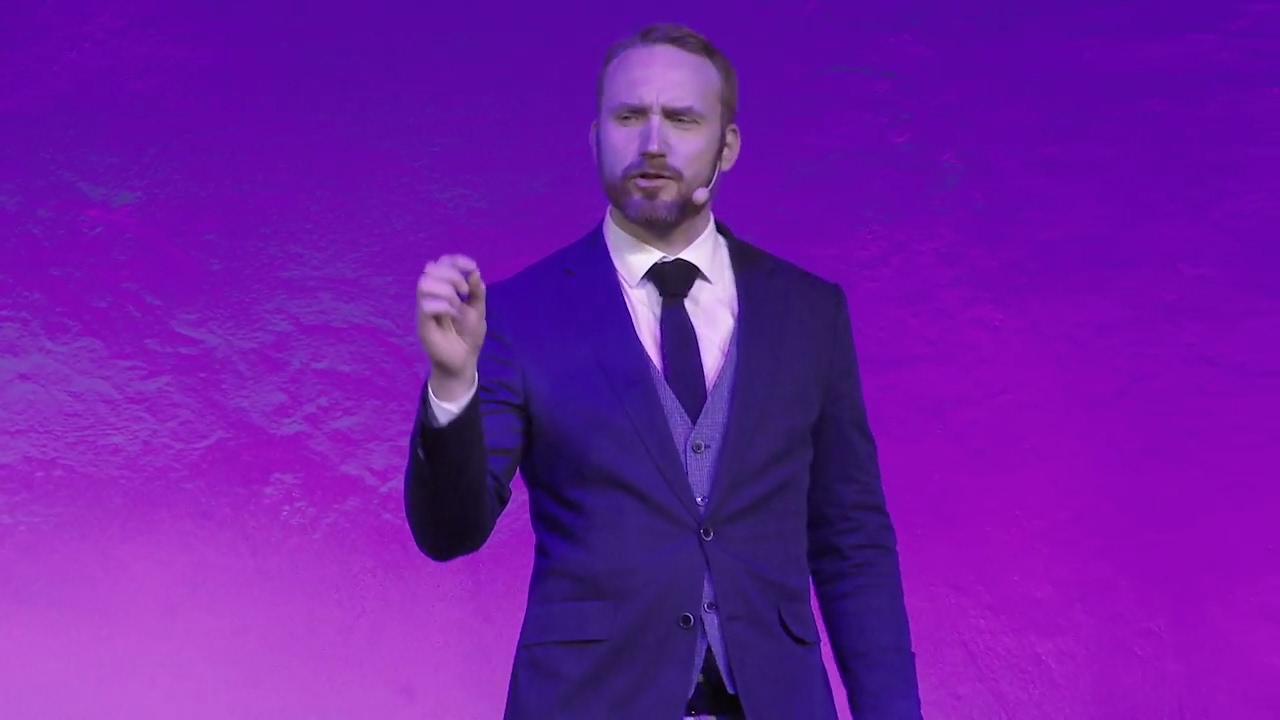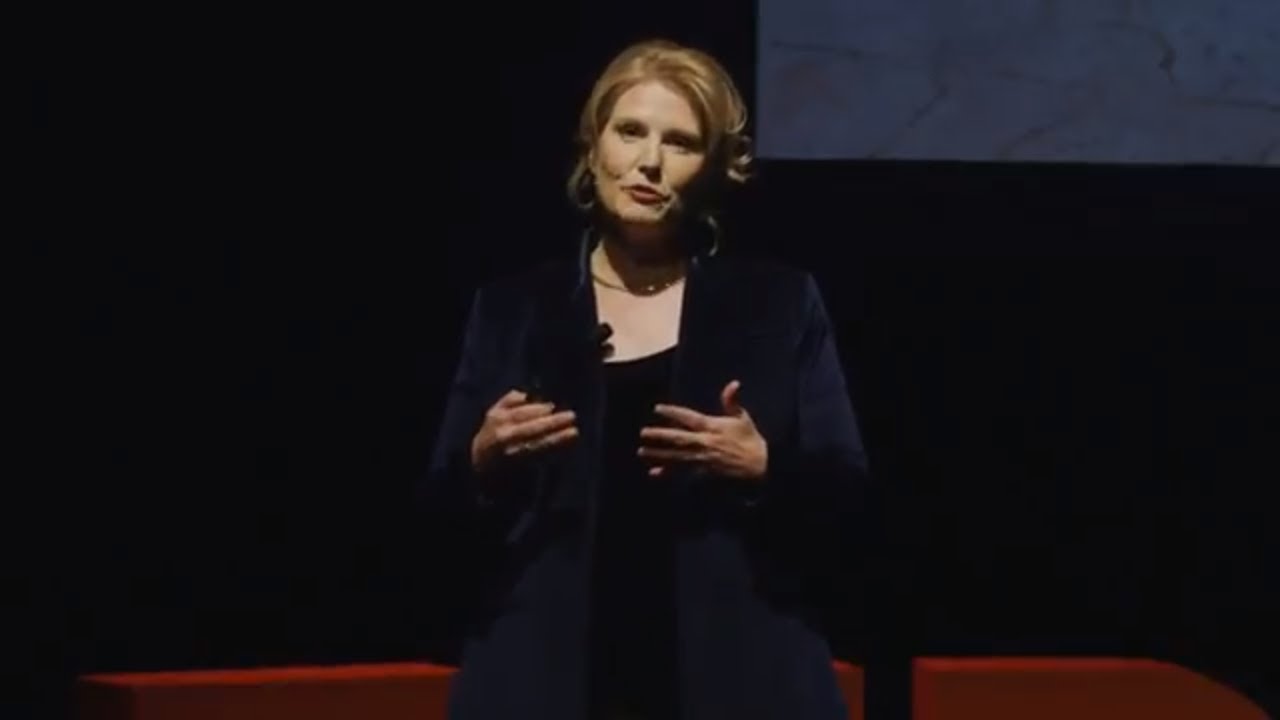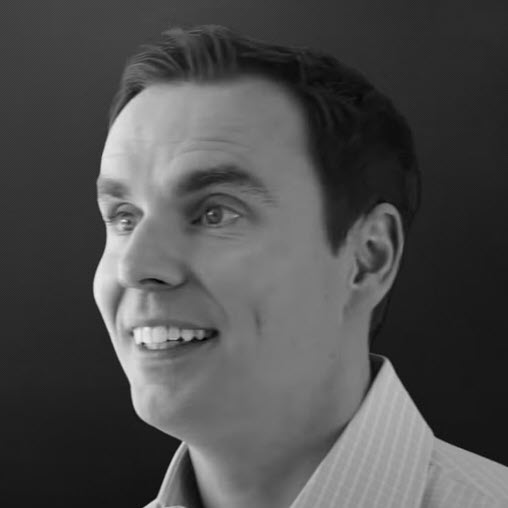In one of the most original books of its kind ever written, Patrick Hanlon explains how the most powerful brands create a community of believers, revealing the seven components that will help every company and marketer capture the public imagination—and seize a bigger slice of the pie. What is the magic glue that adheres consumers to Google, Mini Cooper, and Oprah, but not to others? Why do many brands with great product innovation, perfect locations, terrific customer experiences, and breakthrough advertising fail to get the same visceral traction in the marketplace that brands like Apple, Starbucks, or Nike have? After years of working with famous brands like Absolut, Ford Motor Company, LEGO, Disney, Montblanc, Sara Lee, and others, Patrick Hanlon, senior advertising executive and founder of Thinktopia, decided to find the answers. His search revealed seven definable assets that together construct the belief system that lies behind every successful brand, whether it's a product, service, city, personality, social cause, or movement. In Primalbranding, Hanlon explores those seven components, known as the primal code, and shows how to use and combine them to create a community of believers in which the consumer develops a powerful emotional attachment to the brand. These techniques work for everyone involved in creating and selling an image, from marketing managers to social advocates to business leaders seeking to increase customer preference for new or existing products. Primalbranding presents a world of new possibilities for everyone trying to spark public appeal—and the opportunity to move from being just another product on the shelf to becoming a desired and necessary part of the culture.

In David JP Phillips' TEDx talk, he discusses the power of storytelling, citing a study where Rob Walker purchased 200 objects for an average...

In this talk, Amy Wilkinson emphasizes the importance of thinking like an entrepreneur to thrive amidst constant global changes. She highlights successful entrepreneurs like...

What do highly effective leaders actually DO? Is there a better way to gain influence and lead others? How do we become better leaders?...